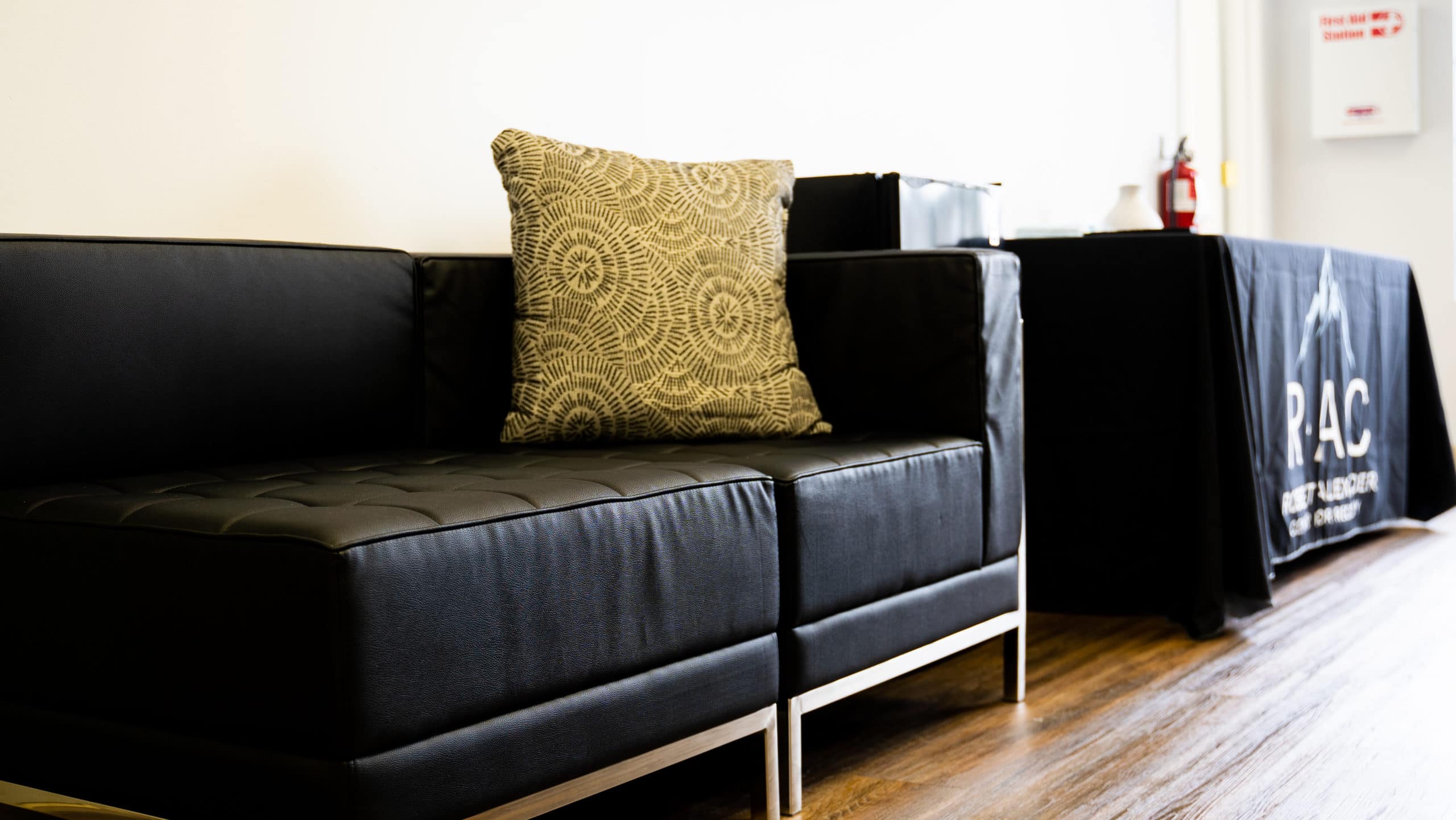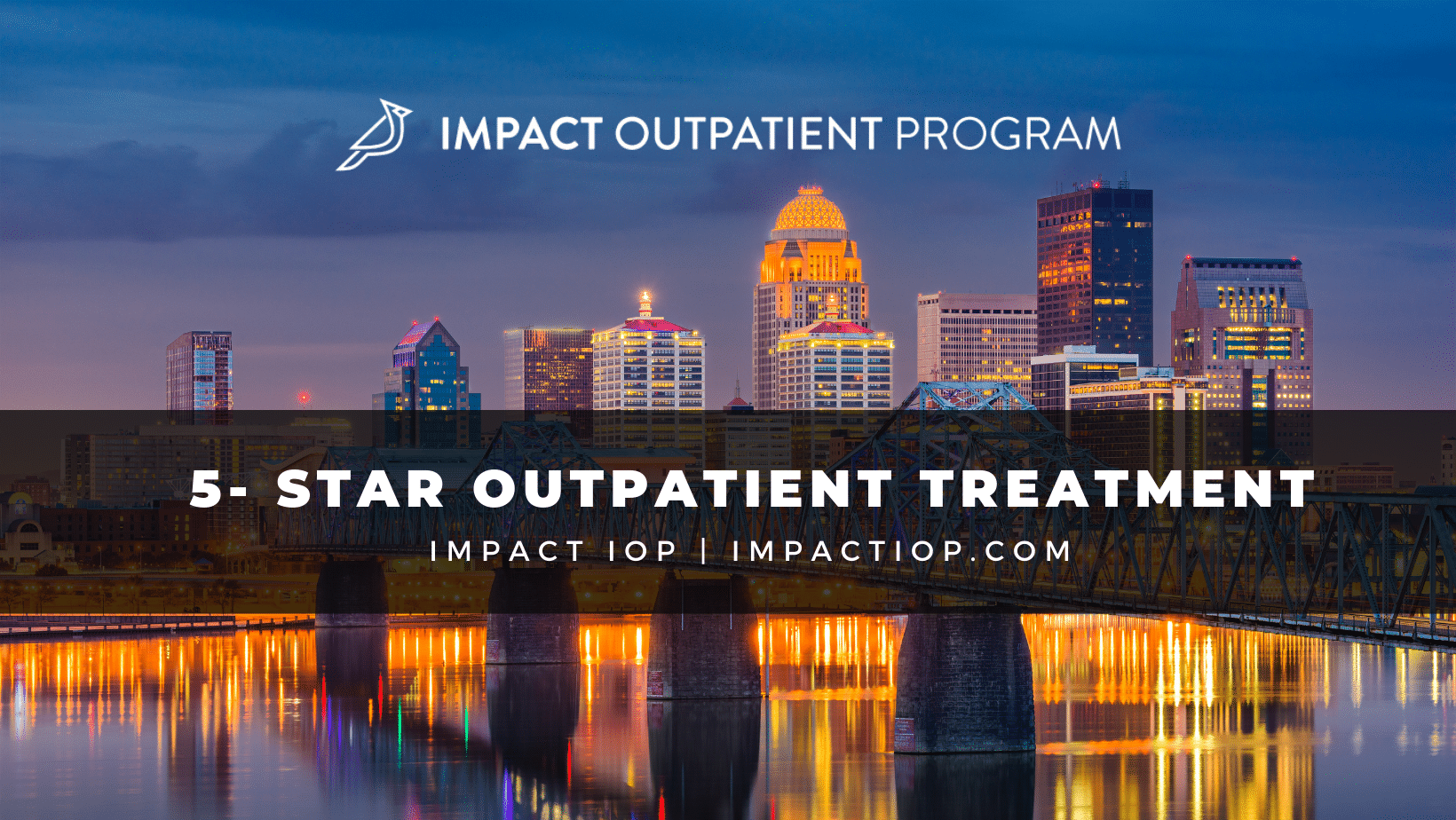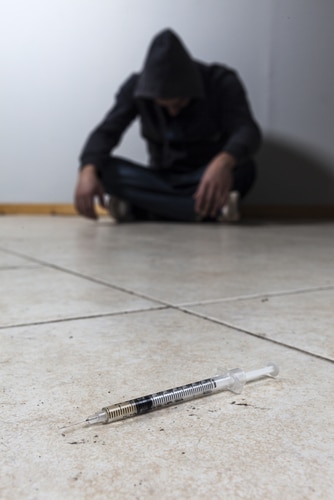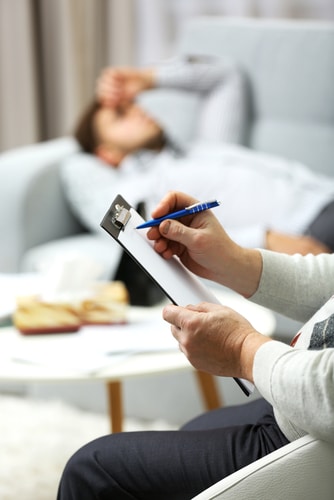BIPOLAR DISORDER TREATMENT AT OUR DRUG REHAB CENTER
At Impact IOP, we understand that treating bipolar disorder requires a multifaceted approach. That’s why we offer a variety of evidence-based treatments to help our patients manage their symptoms and get back on track. Our team of experts will work with each individual to create a personalized treatment plan that may include therapy, medication, and lifestyle changes. We believe that recovery is possible, and we are committed to providing our patients with the support and resources they need to achieve stability and regain control of their lives. If you or a loved one is struggling with bipolar disorder, we are here to help. Contact us today to learn more about our treatment options.

Introduction to Bipolar Disorder
Living with a mental illness can have multiple challenges; Bipolar Disorder is no exception to this. There are three different Bipolar Disorders, all of which have similarities and differences. The key component they each have is a pattern of ups and downs. While they each look different, all three can significantly impact your life.
There are three Bipolar Disorders. Bipolar I is described as having at least one manic and one depressive episode. Bipolar II is known for having at least one hypomanic episode and one depressive episode, with no history of manic episodes. Cyclothymic disorder is what we call it when someone has been struggling with hypomanic and depressive symptoms for at least two years without ever meeting the full criteria for Bipolar II.
Understanding Bipolar Episodes
To understand the differences between Bipolar I, Bipolar II, and Cyclothymic Disorder, you first need to understand mania, hypomania, and depressive episodes.
Manic episodes can make you feel euphoric or irritable. These episodes last for at least one week, sometimes longer. Individuals in a manic episode will feel like they have more energy and can get more done. They only need a few hours of sleep to feel rested. Other symptoms that they may experience include high self-esteem, being talkative, racing thoughts, restlessness, and being distracted easily. One symptom to pay attention to is engaging in high-risk behaviors. These oftentimes have the potential to be dangerous—for example, unsafe sex, driving fast, and high stake gambling. Manic episodes will have a noticeable impact on your life and level of functioning. Individuals with manic episodes that are unmedicated usually need to be treated by a medical professional to ensure they are not a danger to themselves.
Hypomanic episodes are similar to manic episodes but not as extreme. These episodes last for a minimum of 4 days. These individuals will feel really good or irritable as well and will have a notable increase in their energy. They too may have elevated self-esteem, decrease the need for sleep, be more talkative than normal, experience racing thoughts, get distracted easily, and feel restless. These folks will likely engage in high-risk behaviors as well. Individuals in hypomanic episodes do not always have to be hospitalized to address their symptoms. Hypomanic episodes may not be as obvious to others around you because the symptoms may appear milder.
The third component of Bipolar Disorder would be depressive episodes. Depressive episodes can occur with a variety of mental health concerns, and the symptoms will look similar in each situation. Depressive episodes require that the individual has at least five symptoms in a 2 week period. They may feel depressed or have a decreased interest in pleasure. Common symptoms during a depressive episode include weight loss or gain, insomnia or hypersomnia, psychomotor agitation, fatigue, feeling worthless or guilty, difficulty concentrating, thoughts about death, suicide, and for some, suicide attempts. These symptoms usually have a negative impact on the individual’s daily life and functioning.
Help For Bipolar Disorders
If you read that and feel like your head is spinning, don’t worry. There are mental health professionals who would be happy to sit down with you to help see if they can piece your experience together through a clinical lens. They will be able to walk you through the different mental health concerns and explain what is the best fit for you. They should take the time to answer any questions and concerns that you may have.

INTENSIVE OUTPATIENT
Our intensive outpatient program helps those addicted to drugs & alcohol is finding a sustainable path to long-term recovery through continued, long-term treatment.
OUTPATIENT PROGRAM
The outpatient program at Impact Outpatient Program is a step-down level of care program that incorporates the foundations of our core program on a less intense basis.
MULTIPLE PATHWAYS
Impact Outpatient Program offers multiple pathways to addiction recovery through traditional and evidence-based programming at our Louisville area treatment center.
INTENSIVE OUTPATIENT
Our intensive outpatient program helps those addicted to drugs & alcohol is finding a sustainable path to long-term recovery through continued, long-term treatment.
When to Get Help for Bipolar Disorder
If you can relate to any of the symptoms discussed and are wondering if you should reach out for help, the answer is yes. The reason for this is that if you are experiencing a manic, hypomanic, or depressive episode, you will likely need to speak with a doctor about possible medications that can help you come back to a baseline.
Individuals who are experiencing a manic episode should talk to their medical care provider as soon as possible. There are several concerning symptoms, including lack of sleep and engaging in high-risk behaviors. In most situations, being evaluated at a hospital is the best option so that a professional can determine if you are at risk of harming yourself.
Similarly, individuals who are experiencing suicidal ideation during a depressive episode should reach out to their care provider. Keep in mind that passing thoughts of death are not what we are talking about. We are talking about the individuals who are thinking about frequently dying, planning suicide, and those who have the means to attempt suicide. The main goal of having someone evaluated at the hospital is to determine if they are at risk of harming themselves or others. For many, it may feel like a punishment; however, the goal is to keep you safe.
Impact Outpatient Program is a one-of-a-kind outpatient drug & alcohol treatment center that offers a path to lasting, sustainable recovery.

Fill out our free insurance verification form to find out your benefits and coverage options for substance abuse treatment.
At this time we do not accept Medicaid or Medicare policies.

ALCOHOLISM

ADDICTION

DUAL-DIAGNOSIS

TELEMEDICINE
What to Expect At Our Addiction Treatment Center
If you find yourself looking for a bipolar outpatient facility in Louisville, KY, you will find that there are various levels of care available. Which level of care you need will be dependent on your symptoms at that time.
One option would be a residential hospitalization for a mental health treatment program. Here you would meet with a doctor to discuss your mental health history and current symptoms. From there, they will likely prescribe you medications that can help manage your symptoms. You will take part in a structured treatment program that includes bipolar support groups, educational groups, and individual therapy. Your counselors will work with you to discuss a healthy discharge and what this can look like for you.
Bipolar outpatient facilities can include group therapy, bipolar support groups, and individual therapy. Individual therapy gives you the opportunity to discuss your specific concerns and receive support for your difficulties. You should continue regular meetings with your doctor to discuss your medications and any possible adjustments you need.
REACH OUT & TALK WITH US
WE LEARN ABOUT YOU
We take the time to learn about your needs and whether or not Impact is the best choice.
WE WILL HELP, NO MATTER WHAT
Impact IOP’s Outpatient Bipolar Treatment in Louisville, KY
Impact IOP is an outpatient drug rehab that offers bipolar outpatient treatment for Louisville, KY, and the surrounding area. We work with individuals who have completed a residential treatment program and those who have mild or moderate symptoms.
The first step would be for us to meet with you and learn about your experiences with mental health and addiction. This can include your alcohol and drug use history, consequences of your use, mental health history, and current mental health symptoms. With Bipolar disorder, maintaining an effective medication regimen is often necessary, so you may need to meet with a doctor as well. Together we will come up with a treatment plan that addresses both your addiction and mental health struggles.
Our IOP program is typically 15-25 hours of intense group therapy and typically one hour of individual therapy. We only use the best evidence-based practices and are able to tweak our program to reflect personalized care for men and women. We are a fully inclusive and LGBTQ+ friendly environment. We will do our best to accommodate your existing routine with your treatment schedule.
After completing our IOP program, you would then move on to our treatment program. Many find that engaging in outpatient treatment provides you with the support you need early in recovery. We recognize the role that group therapy plays in addiction treatment and the validation you can receive from your peers during these sessions.
At our Bipolar outpatient facility, our staff has years of experience and knowledge to work with you regarding your bipolar illness. We utilize a holistic approach and recognize the role that all parts of you play in your addiction and your recovery. If you find that outpatient treatment is not helping with your mental health symptoms, we will work with you to see what options would help you.
If you are worried about yourself, or someone you love, we invite you to call us at our bipolar outpatient facility at (502) 912-1038. We are proud to be a rehab program for the Louisville area.
BEGIN YOUR JOURNEY (502) 912-1038
Let Impact Outpatient Program help you find your path to lasting recovery from substance abuse right now. Same-Day Admissions Available.
